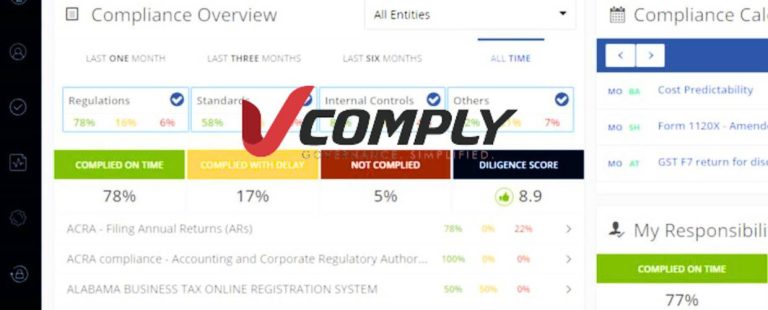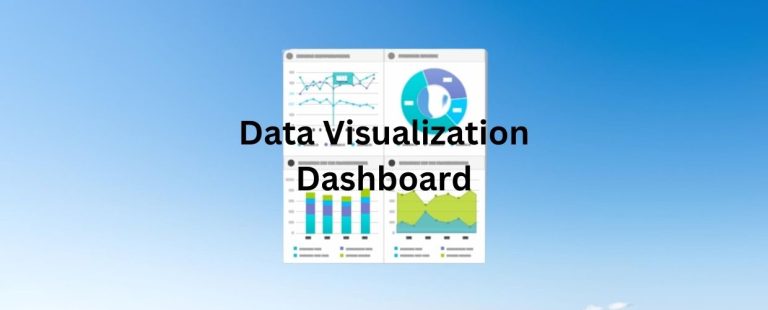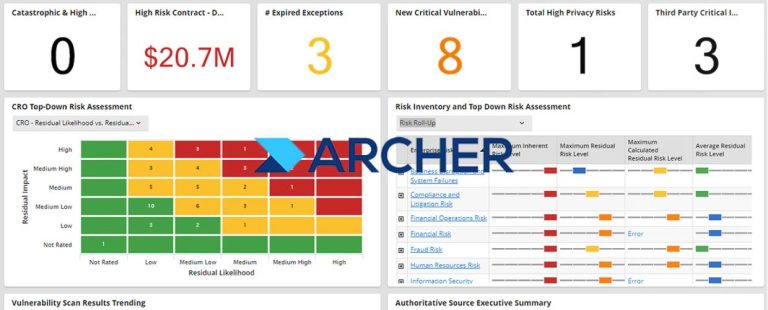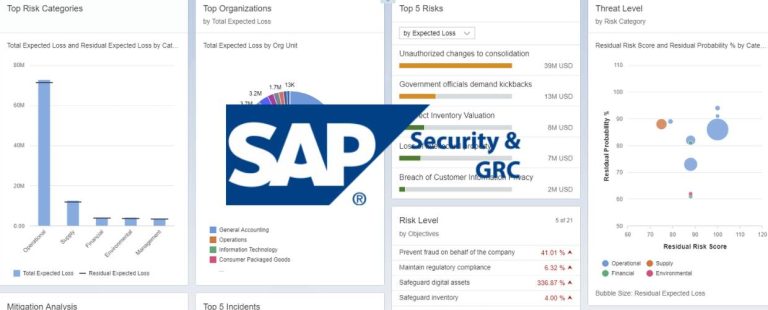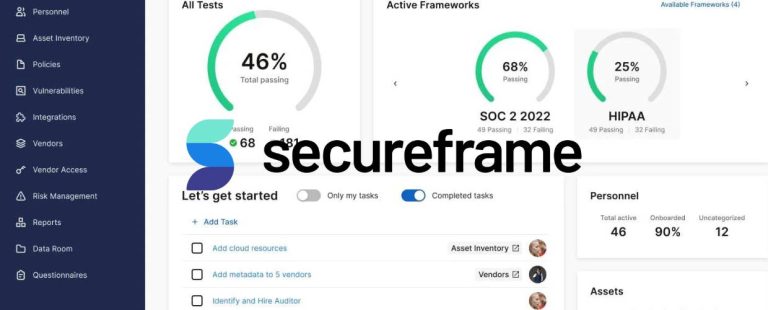Data has emerged as a vital asset that drives strategic decision-making and fuels business growth in the contemporary business landscape. The increasing volume and complexity of data have necessitated the adoption of efficient data analysis tools, and this is where Business Intelligence (BI) platforms come into play. In this article, we will explore the concept of a BI platform, delve into its key features, outline its benefits, and demonstrate how it empowers businesses to succeed in the fast-paced and competitive business environment.
Understanding a BI Platform
A Business Intelligence (BI) platform is a comprehensive software suite that facilitates data collection, integration, analysis, and visualization from various sources within an organization. Its primary objective is to transform raw data into meaningful information that can be readily interpreted by decision-makers, business analysts, and other stakeholders.
A BI platform is a single source of truth, ensuring everyone within the organization works with accurate and consistent data. Providing a centralized data analysis, reporting, and visualization platform enables businesses to gain valuable insights and stay competitive. A BI platform is a robust and transformative solution that empowers organizations to leverage data effectively for informed decision-making and improved performance.
Key Features of a BI Platform
When it comes to business intelligence, having a reliable platform is crucial. A good BI platform should have various vital features allowing users to access and analyze data quickly.
- Data Integration and Connectivity: One of the critical features of a BI platform is its ability to integrate data from diverse sources and systems. It includes databases, spreadsheets, cloud-based applications, data warehouses, and external APIs. The platform provides connectors and data integration tools that allow seamless extraction, transformation, and loading (ETL) processes to consolidate data into a unified view.
- Data Analysis and Visualization: A BI platform offers robust data analysis and visualization capabilities. Data analysts and business users can explore and manipulate data using various analytical techniques, such as aggregations, filtering, and data drill-downs. Additionally, the platform provides a range of visualization options, including charts, graphs, heatmaps, and geographical maps, to present insights in a visually appealing and easily interpretable format.
- Self-Service Analytics: Modern BI platforms often include self-service analytics features, empowering non-technical users to explore and analyze data independently. With user-friendly interfaces and intuitive drag-and-drop tools, business users can create custom reports, dashboards, and visualizations without relying on IT support or data analysts.
- Real-Time Data Insights: Real-time data insights are critical for businesses to respond promptly to dynamic market conditions and customer demands. It facilitates real-time data processing and analysis, ensuring decision-makers can access up-to-date information when making critical choices.
- Data Security and Governance: They prioritize data security and governance to protect sensitive information and ensure compliance with data protection regulations. Robust security measures, including data encryption, access controls, and audit trails, safeguard the integrity and confidentiality of data.
Benefits of a BI Platform
A BI platform offers many benefits, including streamlined data access, powerful data analysis capabilities, and enhanced decision-making capabilities.
- Data-Driven Decision-Making: The most significant advantage of a BI platform is its ability to enable data-driven decision-making. By providing accurate, relevant, and real-time insights, decision-makers can base their choices on objective information rather than intuition or assumptions.
- Improved Business Performance: With access to key performance indicators (KPIs) and performance trends, organizations can identify areas for improvement and optimization. It facilitates data-driven performance management, enabling businesses to streamline processes, allocate resources effectively, and enhance overall business performance.
- Enhanced Data Accessibility: BI platforms break down data silos and democratize access to data. Self-service analytics empowers business users to explore data independently, promoting a data-driven culture across the organization.
- Competitive Advantage: A BI platform equips organizations with a competitive advantage by enabling them to respond proactively to market trends and emerging opportunities. Making informed decisions swiftly can lead to a competitive edge in the industry.
- Visualization and Communication: Visualizations provided by a BI platform aid in effectively communicating insights and findings. Interactive dashboards and reports simplify complex data, facilitating data storytelling and fostering better stakeholder understanding.
Conclusion
In the data-driven era, a Business Intelligence (BI) platform empowers organizations to succeed in the competitive business landscape. A BI platform enables data-driven decision-making, improved business performance, and a competitive edge by facilitating data integration, analysis, and visualization. Access to real-time and accurate data insights enhances agility and responsiveness to market changes.
Embracing a BI platform as a core component of the business strategy fosters a data-driven culture, accelerates growth, and positions organizations for sustained success in the digital age. As data continues to be a driving force in the business world, It will remain an essential tool for organizations seeking to thrive and innovate in the data-driven landscape.



